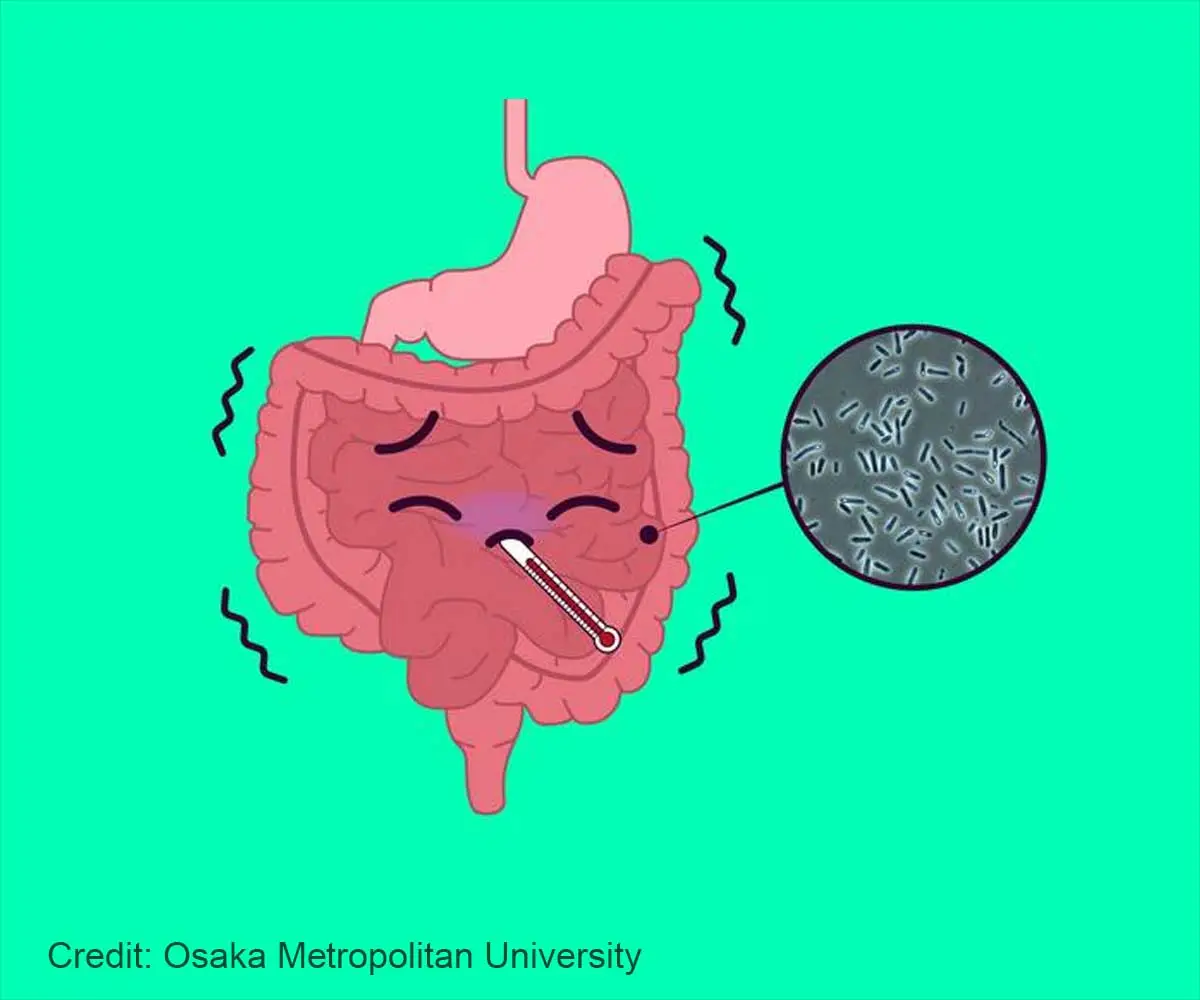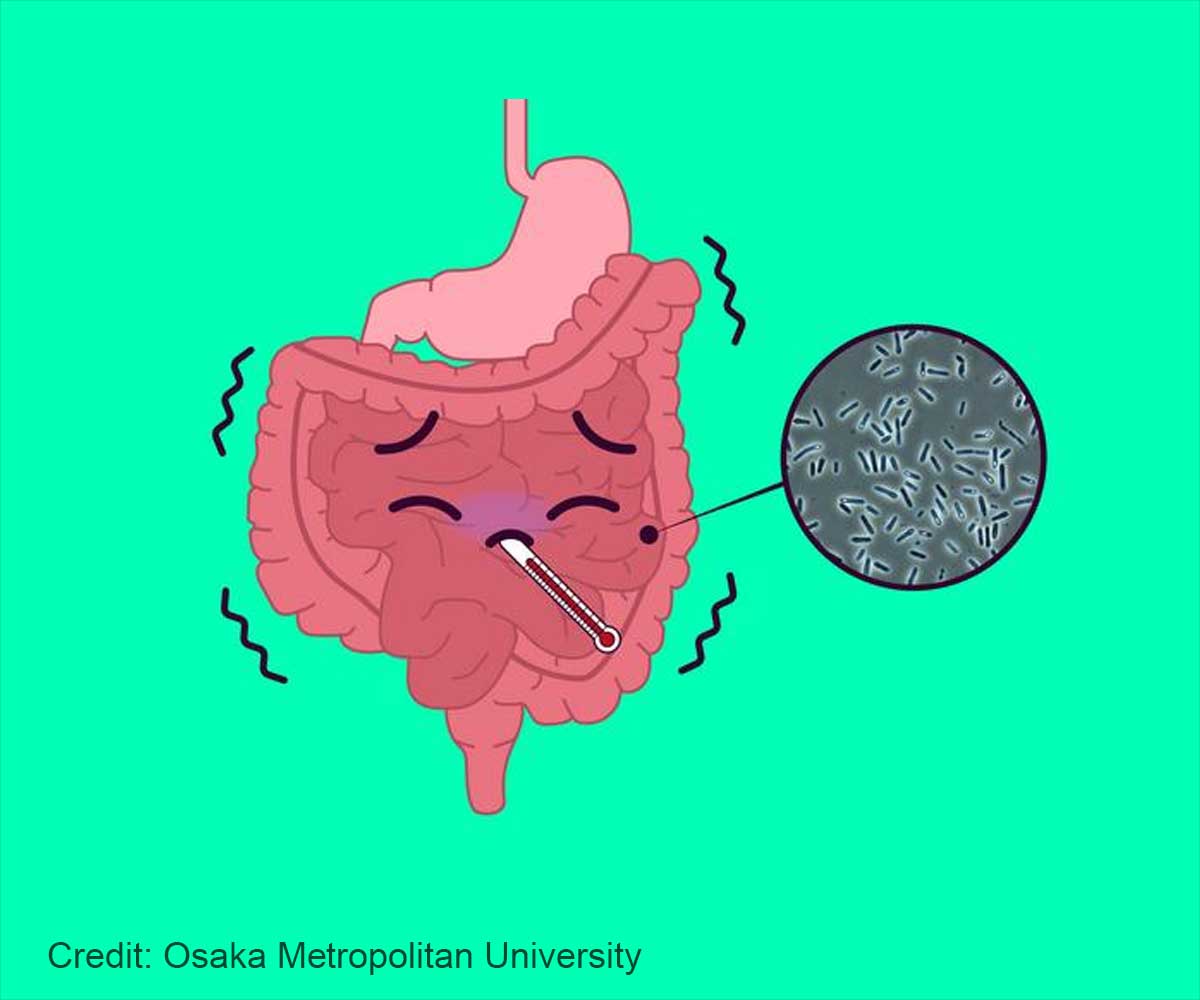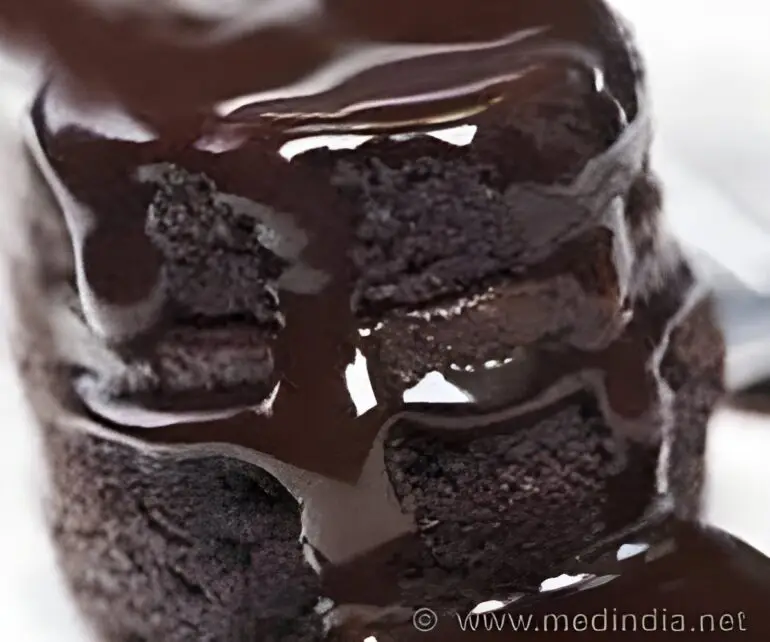-
 play_arrow
play_arrow
Radio Rehoboth
Beat the Bellyache: Amino Acid Serine Fights Food Poisoning


No more bellyache blues: Amino acid serine turns out to be a secret weapon against food poisoning caused by Clostridium perfringens.

Food poisoning, a common and unpleasant illness, is sometimes caused by Clostridium perfringens, a pathogen found in soil and the intestinal tracts of animals.
How Clostridium Perfringens Causes Foodborne Illness
The pathogen multiplies in environments with little oxygen, for example, curry stored in a pot. After ingestion of the pathogen, they form spores in the small intestinal tracts. The toxins produced during spore formation cause diarrhea and abdominal pain, but the underlying mechanism of spore formation has not been fully understood.
Associate Professor Mayo Yasugi’s team at Osaka Metropolitan University’s Graduate School of Veterinary Science has examined how amino acids are involved in Clostridium perfringens spore formation. In this study, they created 21 culture mediums, 20 of which were each deprived of one of the amino acids that make proteins in the human body, to evaluate the pathogen’s development.
Spores No More: Role of Serine in Inhibiting Clostridium Perfringens
As a result, the team identified serine as an inhibitor of Clostridium perfringens spore formation. When observed under a microscope, it was found that serine inhibits the pathogen’s cell wall from remodeling, which is necessary in the process of becoming a spore.
“This is the first reported case where a single amino acid inhibits spore-forming anaerobic bacteria,” stated Professor Yasugi. “In the future, we hope to understand serine inhibition, the pathogenic mechanisms of Clostridium perfringens food poisoning, and the survival strategies of pathogenic microorganisms in the human body. Hopefully, this will lead to academic contributions to microbiology and infectious diseases.”
The findings of the study are published in the journal Anaerobe (1✔ ✔Trusted Source
Serine affects engulfment during the sporulation process in Clostridium perfringens strain SM101
Go to source
).
References:
- Serine affects engulfment during the sporulation process in Clostridium perfringens strain SM101 – (https://www.sciencedirect.com/science/article/pii/S1075996424000970)
Advertisement
Source-Eurekalert
Go to Source:https://www.medindia.net/news/beat-the-bellyache-amino-acid-serine-fights-food-poisoning-218280-1.htm
Author:
Written by: RSS
Similar posts
-

Daybreak Morning Show
Hosted by Jeff Balk
Join Jeff Balk for all the news and information you need to know to start your day and enjoy your stay in Rehoboth Beach, Dewey Beach and the Lewes areas with special featured guests from our non-profits, businesses and art communities.
close Chart
Top popular

News Briefs 10/17/23
Board of Commissioners Workshop & Special Meeting – November 6

Six Sussex road projects considered in latest CTP
NFL Week 17 highlights: Packers, 49ers, Saints, Steelers win, Cardinals stun Eagles
Knicks vs. Cavaliers prediction, odds, line, spread, time: 2023 NBA picks, Nov. 1 best bets from proven model
Copyright 2023 East Sussex Public Broadcasting, Inc.




